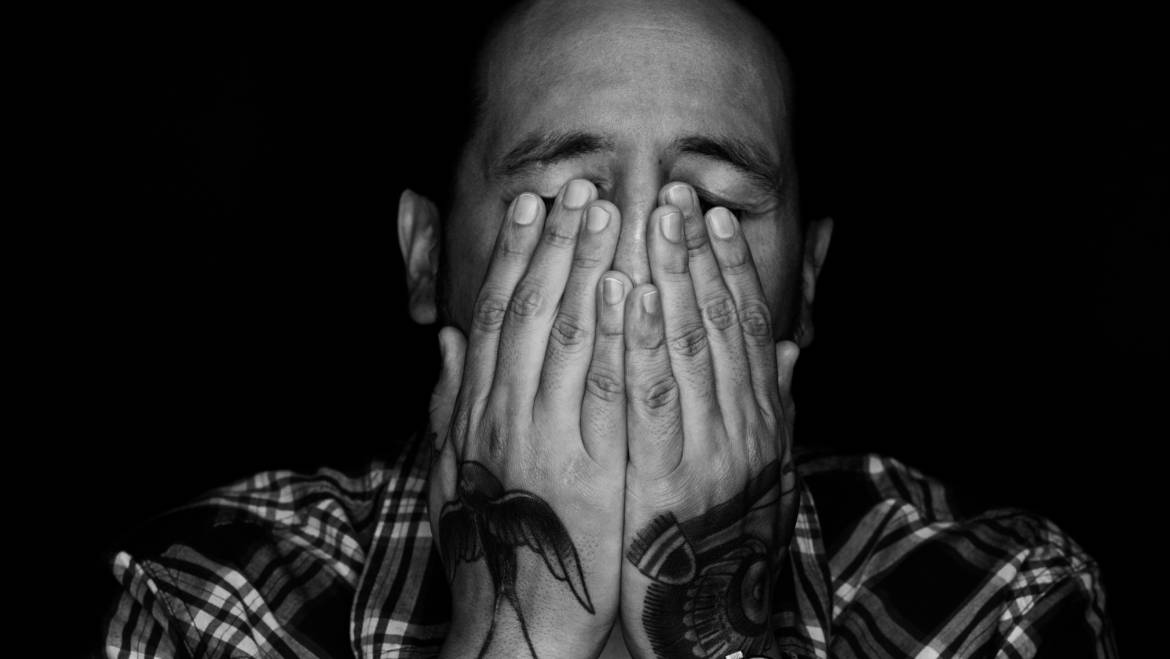“Mr. Shackleford, your blood work is back and it looks like you’ve got some significant liver disease.”
His eyes widened, and his jaw dropped. Maybe I shouldn’t have said “significant.” Maybe something a little less threatening…
“What did you say!!? I have a disease!!?”
By now, I should have known to be ready for this kind of a response. The only word that strikes more fear into a person’s heart is “cancer.” Once you’ve mentioned that in a sentence, your patient doesn’t hear anything else.
The same seems to be true for the word “disease.” Apparently it’s not a very well understood term, and that lack of understanding frightens people. So today, I want us to consider just what this term means.
When I was a second year medical student, we had a visiting lecturer speak to us one morning in Charleston. We were deeply steeped in our studies of pathology, physiology, and several other –ologies, so his talk on more philosophical matters was a welcomed relief for all of us. And I’ll never forget what he shared with us that spring day.
He started by asking the class what we knew about the word “disease.” Several people on the front rows raised their hands, and when asked, expounded on various problems with the kidneys, heart, whatever. The lecturer listened patiently, thanked them, and proceeded to inform us that all of those answers were incorrect.
“To understand the word disease,” he said, “You have to first take it apart. It’s really rather simple. We have dis, and we have ease. So in the presence of “disease,” we have the absence of ease, or you can provide your own word or phrase. Discomfort, lack of well-being, a sense that something is wrong. You see where I’m going with this.”
I saw, and for whatever reason, that simple concept has stuck with me. In my mind, I regularly thank him for that insight.
He was right you see. The people that visit their healthcare providers are almost always doing so because of some dis-ease. Something is going on with their bodies or psyche that is making them uncomfortable, out of sorts, or worried. It might be something very simple and self-limited, such as a sinus infection or simple laceration. The body will heal the problem and it will be behind us. Or it might be something more serious, such as chest pain, a new and worsening headache, or some unusual bleeding. The potential for something bad going on is very real, and needs to be addressed.
And then there are those times, thankfully rare, when people come to us with nothing more than a feeling that something is wrong. Their complaints are frequently vague and poorly defined. Try as they might, they have great difficulty in identifying the cause or source of their concern. “Something’s just not right.” They know it, and they need help in figuring it out. That’s hard for us as their healthcare provider – for several reasons.
First, and probably most importantly, everyone’s perception of their own well-being is different. For some of us, the slightest tweak or twinge will send us to the ER or to our doctor’s office. The most minute malady becomes a colossal catastrophe. That’s hard on the patient, and hard on their provider. You certainly don’t want to miss anything important, and yet you don’t want to perpetuate a cycle of over-reaction. There’s a fine line there.
And then there are those of us who wait until the last minute to seek help with a physical or emotional problem. Their tolerance for dis-ease is sometimes astonishing. By the time we seem them, their problem is far-advanced, sometimes to the point of hopelessness. Fortunately, that’s rare. And fortunately, most of us are somewhere in the middle of this spectrum.
I think we move up and down that spectrum, depending on where our individual journey takes us. When we’re young, we pay less attention to our bodies and disregard things that will preoccupy us as we grow older. Or a bad accident or illness will forever change how we view our health and our mortality. It’s difficult, isn’t it?
And it’s interesting how a single word can cause such confusion and angst.
“Mr. Shackleford,” I said, realizing my error and that I needed to assuage his concern. I would try something different. “Your liver studies are clearly abnormal, and we’re going to need to put you in the hospital.”
He visibly relaxed and sank back on the exam table.
“Phew!” he uttered quietly, staring up at the ceiling. “At least I don’t have a disease.”


Add Comment